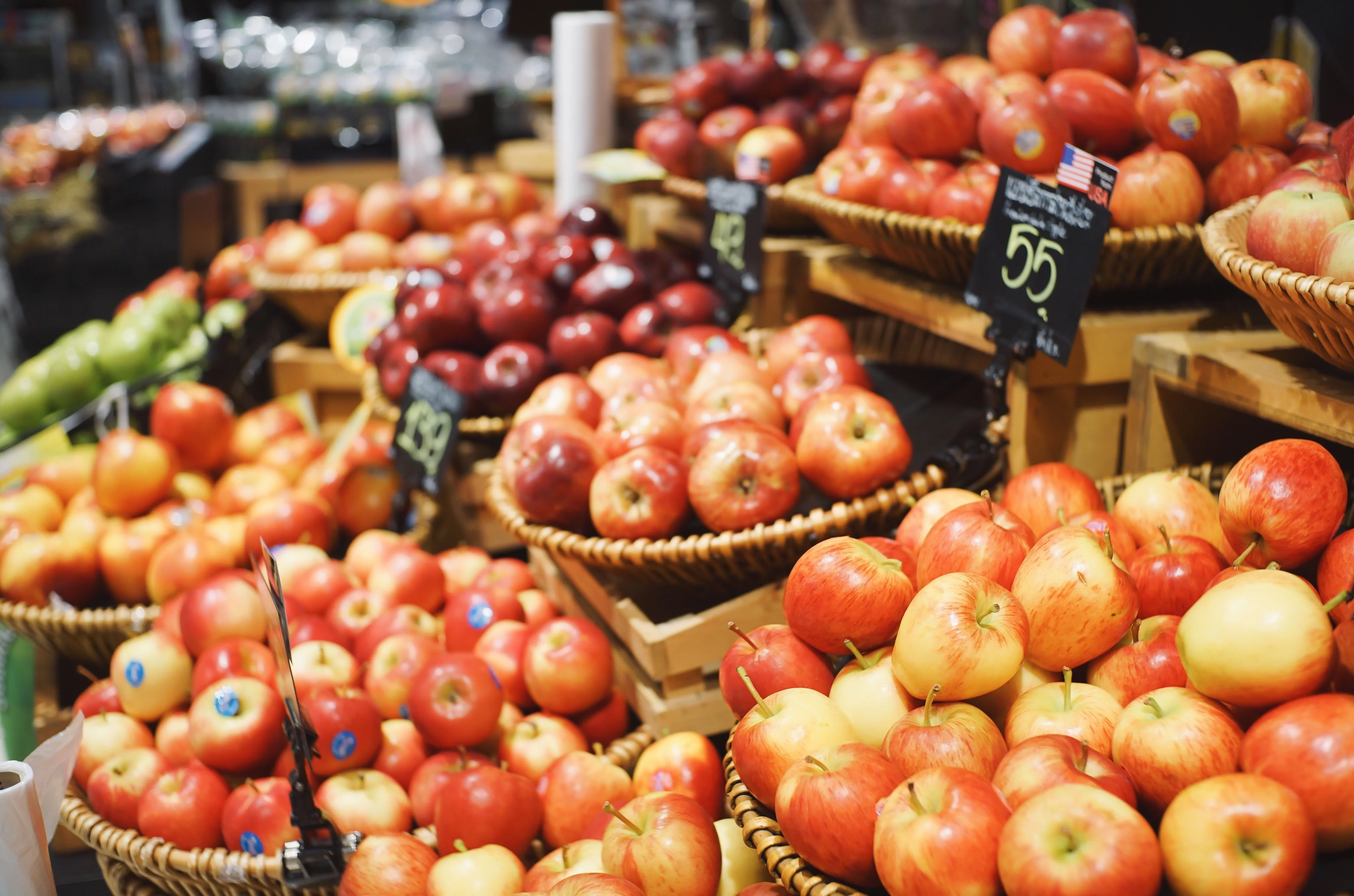Featured July 29, 2019
Short Link:New Study Says We Might Be Eating Apples the Wrong Way — Find Out Why
The study found that eating the core and seeds of an apple could provide extra benefits.
Ariana News Agency-
An apple a day keeps the doctor away — but what if we’ve all been eating apples the wrong way?
A new study from Graz University of Technology in Austria found that the core and seeds of an apple contain beneficial bacteria, meaning you might want to think twice before chucking an apple core in the trash can.
To conduct the study, researchers analyzed organic and store-bought apples for bacteria in all parts of the fruit — including the stem, core, seeds and peel.
The study found that organic and store-bought apples contain “a similar quantity” of bacteria, but discovered that the majority of an apple’s bacteria exists in the seeds.
“Interestingly, fruit pulp and seeds were bacterial hot spots, while the peel was less colonized,” the study said.
Because the apple’s seeds are housed in its core, skimping out on the core may mean that you lose out on beneficial bacteria — including Lactobacillus, a type of bacteria often found in probiotics.
“Consuming the whole apple includes an approximate uptake of 100 million bacterial gene copy numbers,” according to the study.
Though organic and store-bought apples contain roughly the same amount of bacteria, the study also found that organic apples have a “significantly more diverse, more even and distinct” bacterial community, and have more “favorable health effects for the consumer, the host plant and the environment” than store-bought apples.
Speaking about the study on Good Morning America, ABC News chief medical correspondent Dr. Jennifer Ashton said, “We don’t know yet if more bacteria is better in terms of our gut health, but [this is] a very interesting study that I hope will lead to testing more foods and parts of the food that we can throw away sometimes.”

